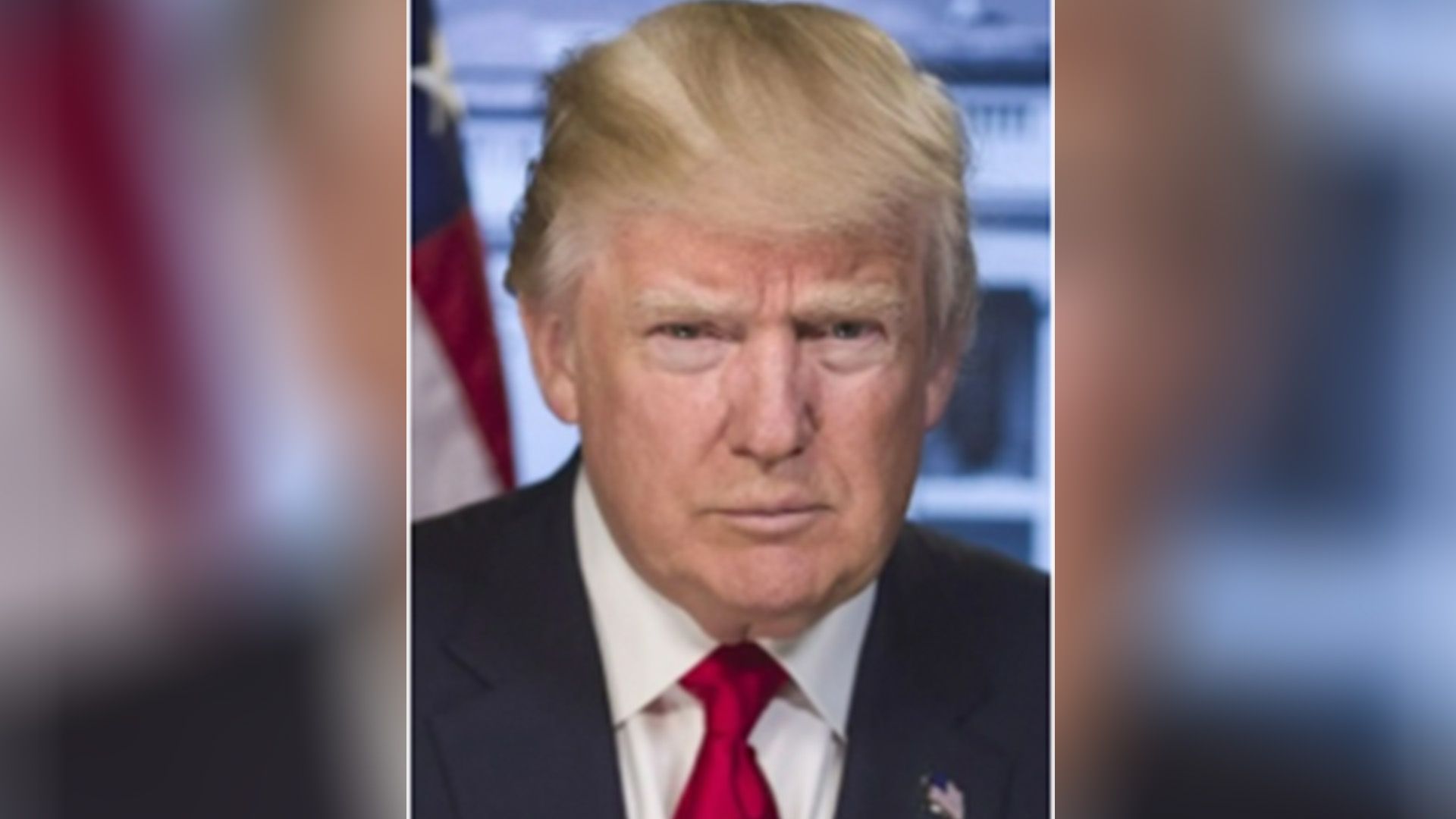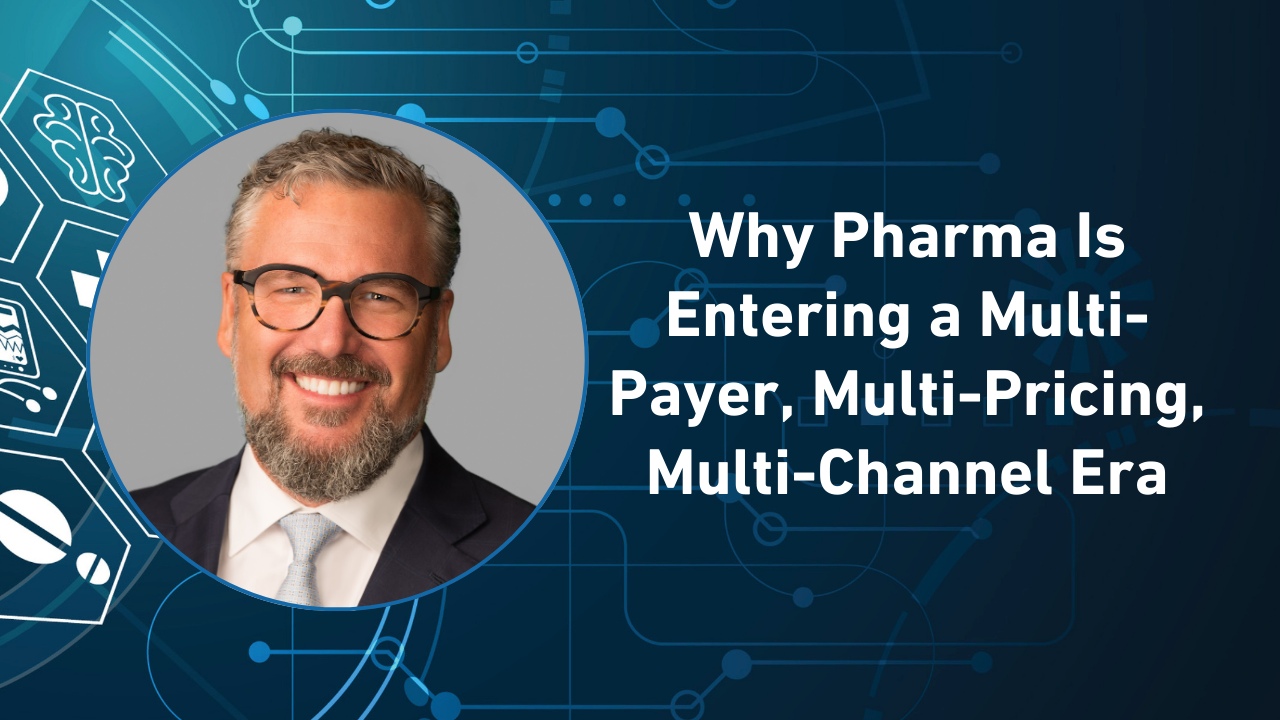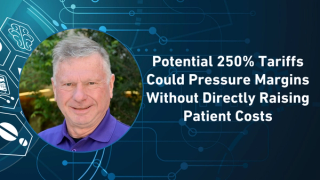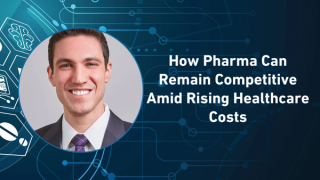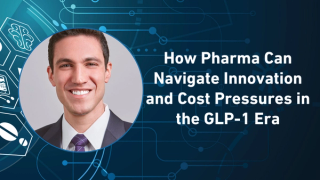
Market Access
Latest News

Latest Videos

Podcasts
More News

Traditional market access practices are being transformed by an increasingly rocky landscape of rebate, discount, and direct-distribution practices, but artificial intelligence may clear the pathways to profitability.

CoverMyMeds’ Megan Wetzel unpacks the forces behind rising specialty spend, the real impact of access barriers, and how field reimbursement teams help providers guide patients through today’s fragmented system.

How pharma can productively coexist with PBMs—and still lower drug costs faster.
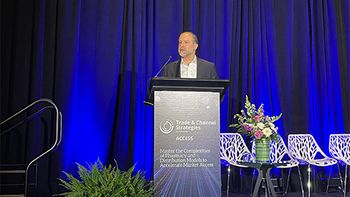
A session explores how manufacturers can refine GTN strategy, strengthen pricing governance, and navigate increasingly complex distribution-channel economics, while maintaining both commercial performance and patient affordability.

In a wide-ranging keynote on disruption across pharmaceutical channels, Bill Roth, general manager and managing partner of IntegriChain’s consulting business, outlines why 2025 marks the beginning of a profound regulatory and commercial transformation—from sweeping policy shifts and accelerating WAC reductions to new debates on direct-to-patient strategies and looming instability in medical benefit reimbursement.

The fracturing of the US drug market’s traditional model is forcing a demand for a strategic bifurcation to maintain profitability, compliance, and patient access in the decade ahead.

It’s not marketing—it's the activation layer for every dollar spent on patient access and support.
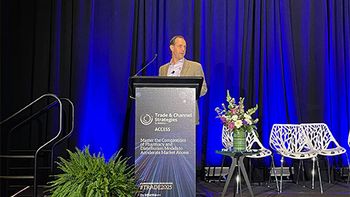
BioCare's Ryan Cort outlines the pharmaceutical industry's "unprecedented sea change," driven by over $400 billion in anticipated revenue loss from generics and biosimilars losing exclusivity.

Rising prescription costs and premiums are forcing more than half of patients to take drastic measures to cover OOP costs.

Various agreements with the Trump administration could have long-term ramifications for Medicaid access and global pricing strategy.

Subject matter experts from Cencora and FuzeRx explore how modern commercialization models, digital-first pharmacy solutions, and closer provider partnerships are reshaping patient access and adherence across today’s complex therapeutic landscape.

Commercialization expert Bill Roth outlines the critical need for "adaptive capacity," detailing how accelerating government regulation and massive patent cliffs are forcing a complete overhaul of commercial strategies across various markets.

The entrepreneur urges the Trump administration to eliminate costly FDA generic drug fees, part of a broader push to scale domestic production, address shortages, and challenge PBM-driven pricing models.

In the final part of his Pharma Commerce video interview, Ed Schoonveld, value and access advisor for Schoonveld Advisory and author of The Price of Global Health, previews his December column, exploring US price-referencing guidance, its impact on innovation, and whether this marks the beginning of broader pricing controls.
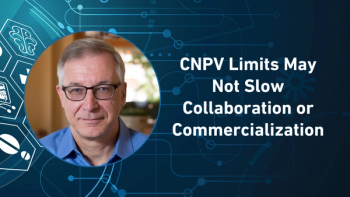
In the second part of his Pharma Commerce video interview, Ed Schoonveld, value and access advisor for Schoonveld Advisory and author of The Price of Global Health, notes that while non-transferability could hinder smaller biotechs partnering late with pharma, most alliances are already in place before vouchers become relevant.
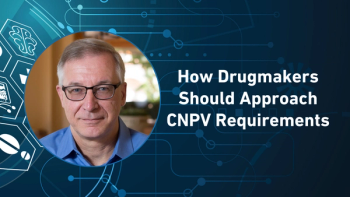
In the first part of his Pharma Commerce video interview, Ed Schoonveld, value and access advisor for Schoonveld Advisory and author of The Price of Global Health, explains that affordability is only one pathway to securing a voucher—and reducing list prices isn’t the only way to demonstrate value.

The agreement includes exemptions for UK-produced drugs and medical devices from Section 232 tariffs, but mandates a significant change to the UK's NICE value appraisal framework.

The Trump administration has announced new negotiated Medicare prices for a second wave of blockbuster treatments, yielding an estimated $12 billion in savings for 2027, when compared to Medicare’s 2024 net spending.

As the federal government prepares to release newly negotiated Medicare drug prices, weight-loss blockbusters Ozempic and Wegovy remain in the spotlight, while CMS advances a model to cut Medicaid spending and broaden access to affordable treatments.

When intelligence flows across clinical, access, and engagement channels, commercialization shifts from reactive to predictive, giving teams the real-time edge to win in a fast-moving market.

The company is launching new self-pay pricing options, expanded savings programs, and partnerships with telehealth and retail providers. all while its obesity portfolio gains momentum under the FDA’s National Priority Voucher program.

The nationally licensed pharmacy network now supports Ethereum, Solana, and XRP across all retail locations, marking a major step toward faster, more transparent payments—and laying the groundwork for a blockchain-based prescription drug payment system.

As FDA fast-tracks GLP-1 treatments under its new pilot National Priority Voucher program, WeightWatchers prepares to position itself to compete in the fast-evolving weight-loss drug market driven by affordability and accessibility.

Launching next year, the new CMS Innovation Center initiative—known as the GENEROUS Model—aims to align Medicaid drug prices with global standards, reduce prescription spending, and strengthen the program’s long-term sustainability through fairer state purchasing and transparent pricing rules.

This episode of Pharma Pulse discusses FDA’s growing National Priority Voucher initiative, fresh data on oral semaglutide’s cardiometabolic impact, and Mark Cuban’s latest drug addition that signals key shifts in innovation, access, and affordability across the pharmaceutical landscape.

